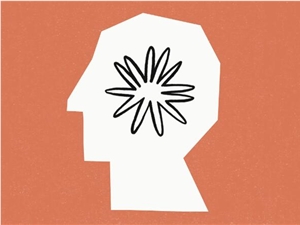The British Film Institute (BFI) recently released a重磅 report pointing out that generative artificial intelligence (AI) is quietly reshaping the film, television, and gaming industries in the UK. This technology is not only widely used behind the scenes to improve production efficiency but also drives the birth of new creative methods and business models.
The report shows that generative AI has been used to accelerate scriptwriting, character modeling, visual effects production, and other processes, significantly saving time and costs. Some works have even used AI assistance to complete pre-production conceptualization and editing decisions, empowering creativity while giving medium and small-sized production companies unprecedented access to resources.

However, BFI also issued a warning in the report: although the changes brought by AI are exciting, its negative impacts should not be overlooked. The report identifies four core risks: first, copyright ownership is becoming increasingly complex, as existing laws lag behind technological development; second, cultural content tends to become homogenized, with unique voices facing the risk of being drowned out by algorithms; third, job positions may be replaced by automation, especially in editing, post-production, and entry-level creative roles; fourth, the environmental impact of AI computing is gradually becoming apparent.
For this reason, BFI calls on governments and industry stakeholders to act promptly and provide support from policy, education, and regulation: formulate clear rules for copyrights and AI applications, establish industry training mechanisms to mitigate the impact of technological transformation, and ensure authorized and transparent use of public data.
The report concludes by emphasizing that if the UK does not have a clear strategy and systematic response measures, it will gradually lose its leading advantage in the global cultural competition driven by AI.










